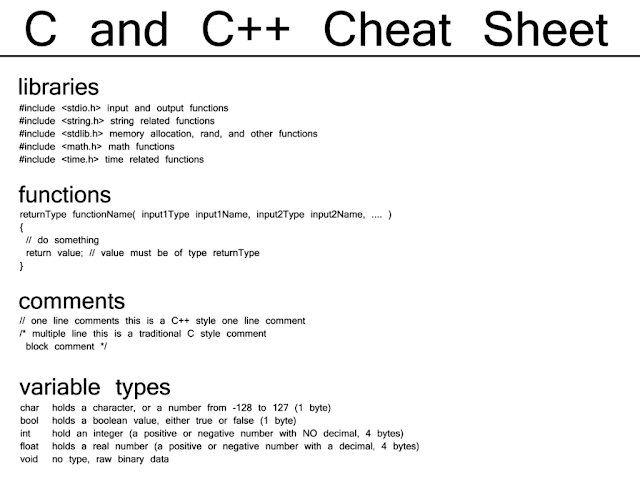Your Chrome, Safari, And Opera Browsers Might Be Leaking Your Private Information

Your Chrome, Safari, And Opera Browsers Might Be Leaking Your Private Information The “helpful” autofill feature of your web browser also poses a big risk to your online security. A security researcher has uncovered a simple exploit that uses form fields hidden from the user to steal the personal information. While Chrome, Opera, and Safari are affected by this issue, Firefox remains immune. The users are advised to disable the autofill settings in their web browsers. We often praise the autofill features of our web browsers for saving us from all the troubles of typing the details like email address, passwords, address, phone numbers, etc. But, these features come along with some serious security risks too. A web developer and hacker named Viljami Kuosmanen has found a flaw that’s affecting different browsers and plugins. According to his revelation, web browsers like Google Chrome, Apple Safari, and Opera, and plugins like LastPass can be exploited to lea

